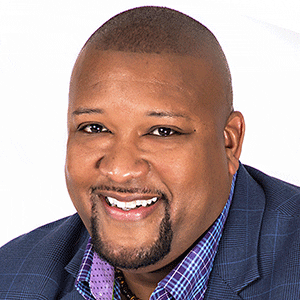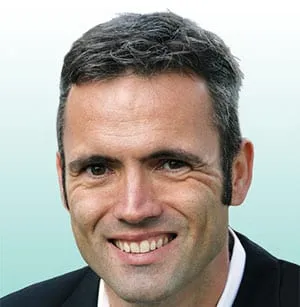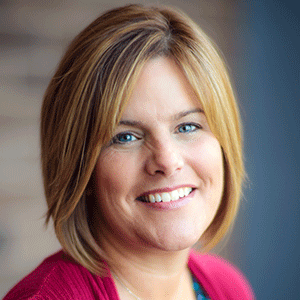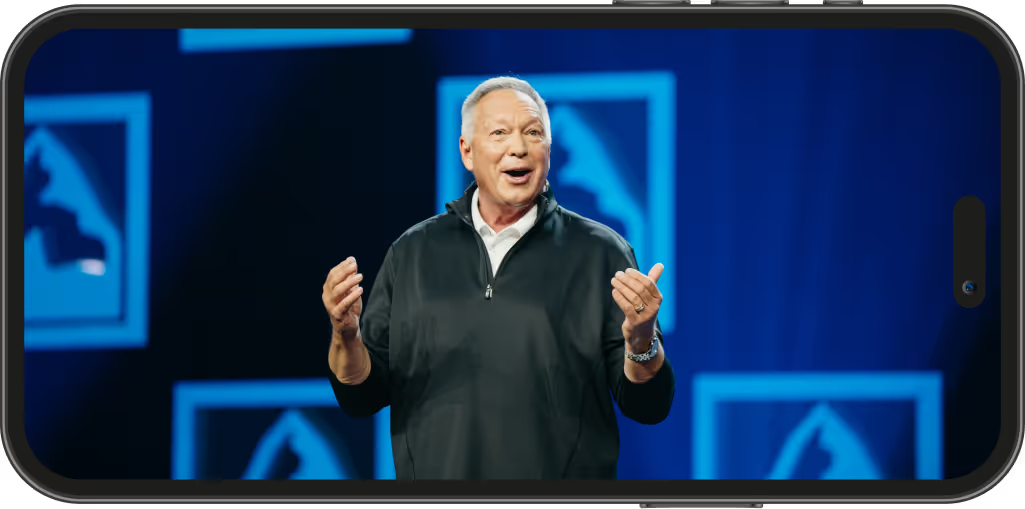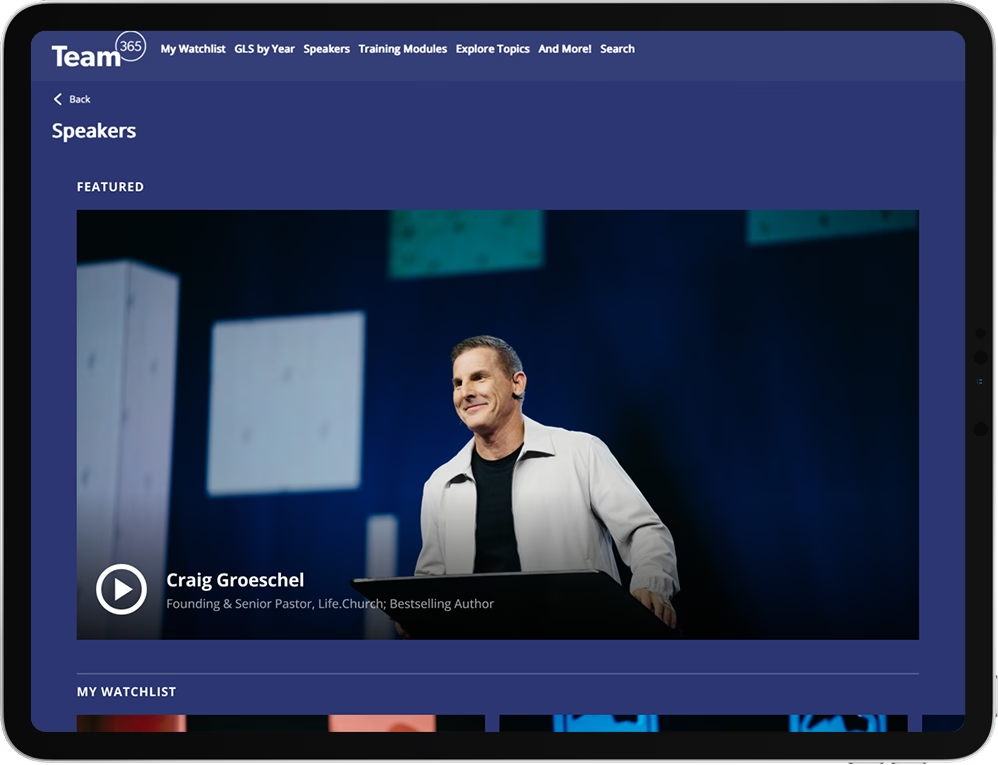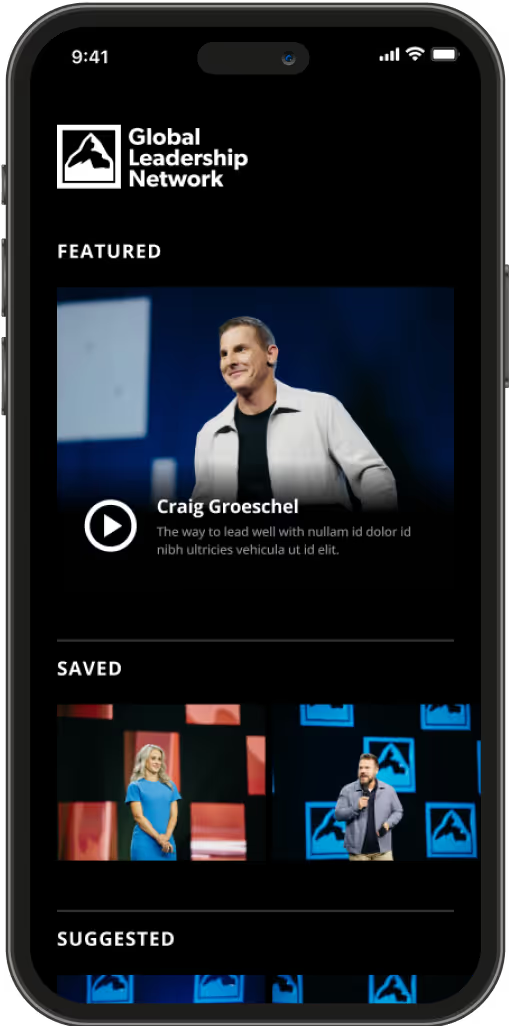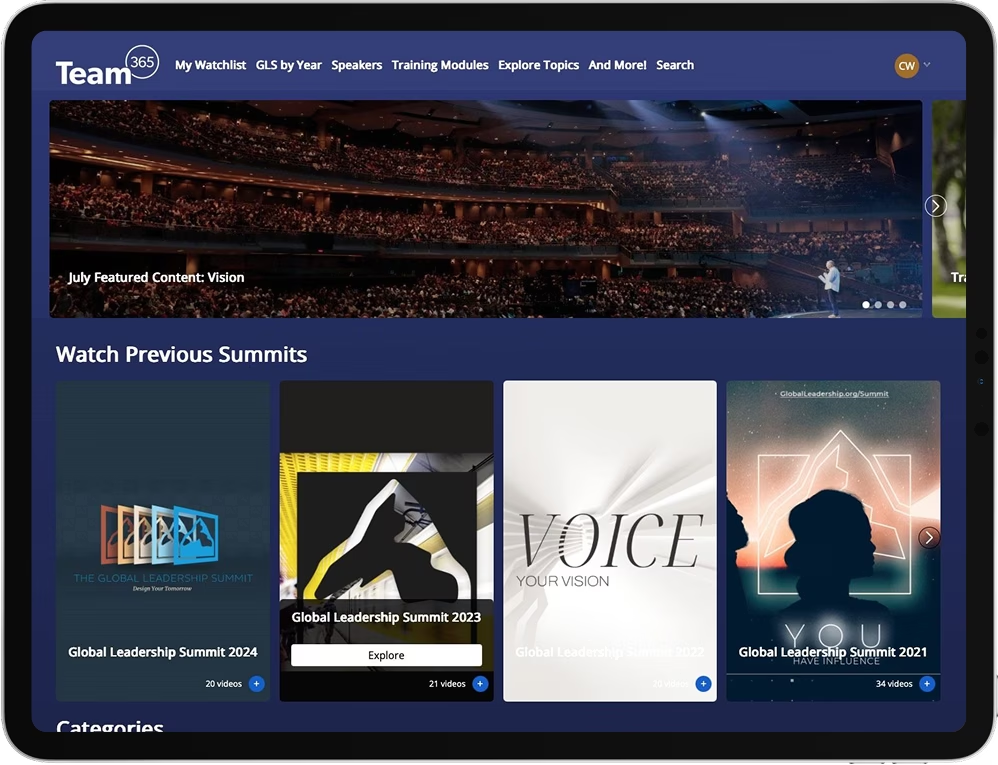Our nation continues to be stirred by racial injustice and social unrest. At the Global Leadership Network, we recognize these universal issues require leaders to step up and engage. Research shows increasing diversity on teams and in every sector of society improves productivity and morale, adding value within organizations. In this episode of the GLS Podcast, we asked Dr. David Anderson and Dr. David Livermore to continue their conversation on racial and cultural intelligence. They explore the tough topics—institutional racism, the efficacy of protest, the concept of reverse-racism and what you can do to lead with truth and grace in this cultural moment.
SUMMARY:
Our nation continues to be stirred by racial injustice and social unrest. At the Global Leadership Network, we recognize these universal issues require leaders to step up and engage. Research shows increasing diversity on teams and in every sector of society improves productivity and morale, adding value within organizations. In this episode of the GLS Podcast, we asked Dr. David Anderson and Dr. David Livermore to continue their conversation on racial and cultural intelligence. They explore the tough topics—institutional racism, the efficacy of protest, the concept of reverse-racism and what you can do to lead with truth and grace in this cultural moment.
KEY TAKEAWAYS:
- David Anderson’s BridgeLeader Network helps organizations deal with the deep divides of race and culture. Wherever there's a divide, we put a table right there and have a conversation.
- David Anderson wanted to start a church where people from every race and culture could worship together.
- As a black man in America, there are certain things that are going to come my way. That’s reality. It doesn't matter how much money you make, and it doesn't matter how much of an athlete or mathlete you are.
- After Rodney King, I never thought that 22-years later my son would be dealing with the same things.
- When I was nine years old, someone burned a cross in our front yard.
- When I was in high school, a kid called me the N-word on the bus every day.
- A couple of years ago, in my own neighborhood where I’ve lived 19 years, I was pulled over because I made a neighbor “uncomfortable”.
- I don’t think there is such a thing as reverse racism. That would mean the whole system has turned over so that that white folk don’t succeed. If a white person feels discrimination, they should take that feeling and increase their empathy for people of color who feel it all the time.
- There are two levels of racism: individual racism and institutional racism.
- Institutional or indirect racism means there are institutions and systems that are set up solely to push certain people in and certain people out.
- Institutional racism is prejudice plus power.
- The best friend of the black person right now is a camera phone.
- When black people protest, it usually gets labelled as violent unrest by white people.
- Colin Kaepernick kneeling for the flag is about as peaceful protest as you are going to get. And yet, it caused a controversy and he lost his job.
- Violence is wrong. Peaceful protest is what we've always tried to do. Sadly, it usually ends up with the most peaceful protester getting killed. Ask Martin Luther King. Ask Jesus Christ.
- Protests actually work. Within 10 days of sustained protest, Minneapolis banned the use of choke holds. Within 10 days of sustained protest, Dallas adopted a duty to intervene rule. Nobody was listening to the dude kneeling on the sidelines.
- When the BridgeLeader Network comes into a city, we pull together the six Ps: pastors, protestors, police, private sector business, public and private educators and politicians. When people get around the same table, solutions emerge because people get out of their own silos.
- Once they come together, protesters learn that the police respect their right to protest. And at the same time, the officers have a right to do their job as well.
- “Gracism” means that we are called to extend positive favor to other people, regardless or maybe even because of their color, class or culture.
- Stay in relationships with people who are different than you across color lines and don't isolate yourself to your racial group. This is not the time to shrink back.
- For my white brothers and sisters who have said to me, "But doc, I try, and I don't want to say the wrong thing. I just want to be a listener and I just want to be a learner." Okay—but be courageous. It's okay to be called a racist. I've been called the N word more times than you'll ever be called a racist.
- Courage means you might be called a racist, it’s okay. But if that's what it takes for this beast of systemic racism lose its power once and for all, then I'm willing to be a little bit uncomfortable. Stand with me.
- Be intentional about going to places where people are racially different from you.
- I have to be a multicultural personbefore I can have a multicultural ministry.
- Diverse readers are diverse leaders.
- Speak up to your own racial group right now. Whites need to talk to whites to help them. And I’ve got to talk to my people- black folk- and say, "Look, I know the pain. I feel it with you. God has called us to something even greater."
REFLECTION QUESTIONS:
1. Dr. David Anderson told several stories about racism that he has experienced in his life. How have you experienced or witnessed racism in your life?
2. What did you think about Dr. Anderson’s comments on reverse racism and institutional racism? Do you see those issues as a problem? How do you think we solve issues that are systemic in nature?
3. Dr. Anderson shared some practical things people could do to change to become more diverse in their leadership mindsets. Take a look at the list below and make a checkmark next to the actions that would be possible in your life.
_________Stand with African American brothers and sisters in protest
_________Use your power in your organization to promote greater racial inclusion
_________ Intentionally build a relationship with someone of a different race
_________Have a tough conversation and be willing to be called a racist
_________ Intentionally go to places where people are racially different than you
_________ Diversify your feeds by following people of a different race
_________ Diversify your reading by purchasing books by authors of a different race
_________ Talk to people in your own racial group about what you are experiencing
4. Taking a look at your checkmarks, what isone thing you could do this week to increase your participation in the race conversation? Put a date in your calendar and do it!
RESOURCES MENTIONED:
Samaritan Woman at the Well (John 4)
RELATED LINKS:
Real Talk with Dr. David Anderson
Letters Across the Divide: Two Friends Discuss Racism
Driven by Difference: How Great Companies Fuel Innovation Through Diversity
Related
Ep 196: A Lifetime of Leadership (with John C. Maxwell)
Have you ever wished you could sit down with someone who has truly mastered their craft? Michael Jordan on winning; Mozart on music; Leonardo da Vinci on creativity. Not just to review their highlight reels but to unpack all the lessons they learned across their lives? Well, that’s what today’s conversation feels like because today we get to listen to John C Maxwell talk about leadership.
Ep 187: Gabriel Salguero on Bridge-Building Leadership
Gabriel Salguero is a pastor and the founder and CEO of the National Latino Evangelical Coalition. Recently he sat down with GLN President and CEO David Ashcraft, and together they had a vital and honest conversation about how leaders can learn to build bridges with those they lead.
Ep 174: Jo Saxton on Engaging Next Generation Leaders
Fresh off the stage at the 2024 Global Leadership Summit, Jo Saxson sat down with Jason Jaggard to talk about her work, and shared wisdom on what young leaders bring to the workplace and how seasoned leaders can engage this emerging generation.
Leadership That Lasts
Team365 isn’t just a platform. It’s a commitment to grow, lead and live with purpose — every single day. Whether you’re here for content, community or clarity, you’re in the right place. Your leadership matters. Let’s keep going.
